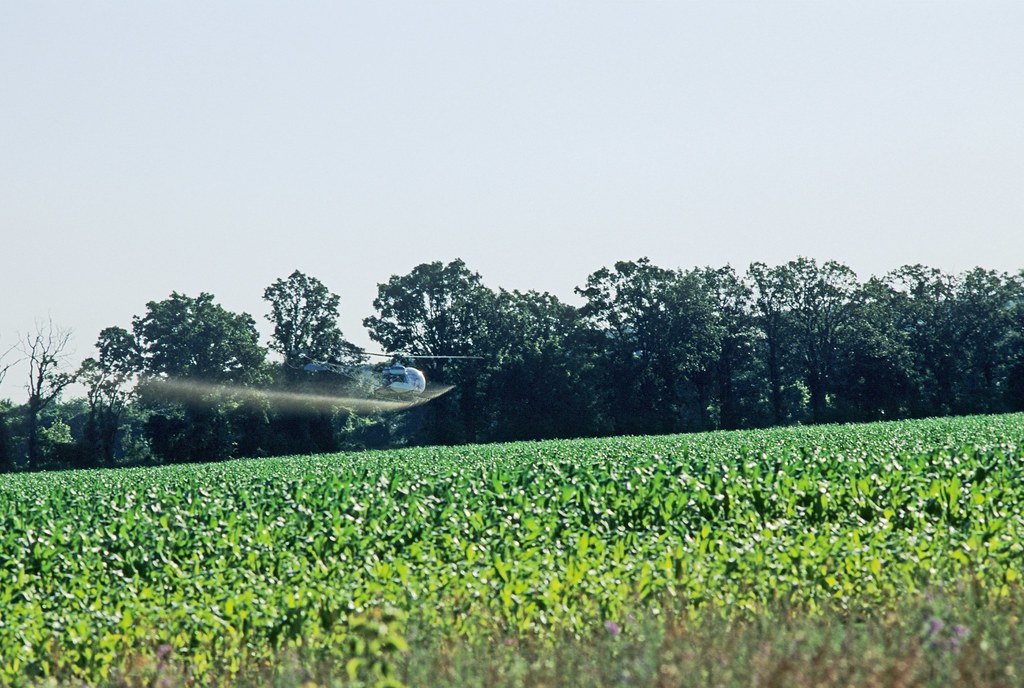Thailand's chemical pesticide ban troubles farmers, industries

- Country:
- Thailand
Thailand enforced a ban on Monday on two agricultural chemicals widely regarded as toxic to humans, prompting claims from farmers they will face losses, while environmental campaigners welcomed a step towards sustainability.
Many countries have already prohibited paraquat and chlorpyrifos, which are found in pesticides or insecticides. Some 10 million farming households in Thailand, one of the biggest exporters of natural rubber and sugar, use paraquat to kill weed on the palm, rubber, sugarcane, corn, and cassava plantations.
"Without paraquat, Thai farmers will face losses in key crops, because there are no alternatives," said Sukan Sungwanna, secretary-general of the Federation of Safe Agriculture. Thai farmers use chlorpyrifos to kill worms on fruit but can use alternatives.
The farmers' group last week submitted a petition to an administrative court to repeal the ban, which came into force on Monday after the chemicals were added to a Type 4 list on Thailand's Hazardous Substance Act last month. That means their production, import, export, distribution, and possession are banned. Flouting the rule could mean up to 10 years in jail or a fine of one million baht ($31,575.62), or both.
Thailand is also drafting a regulation to impose a zero-tolerance policy on imported crops produced using the chemicals, sparking concern among local industry groups. The food and livestock industries rely on wheat and soybean imports, mostly from the United States and Brazil and they have asked the Thai government to instead maintain limits on maximum allowable chemical residues.
In November, Thailand reversed a ban on the herbicide glyphosate, allowing its users to continue within maximum residue limits (MRL) after the U.S. government asked for the ban to be postponed. Non-profit group BioThai said human health should come before business.
"The ban is a transition to sustainable agriculture," said Witoon Lianchamroon, the group's director. ($1 = 31.6700 baht)
(This story has not been edited by Devdiscourse staff and is auto-generated from a syndicated feed.)
- READ MORE ON:
- Thailand
- Thai
- United States
- Brazil










